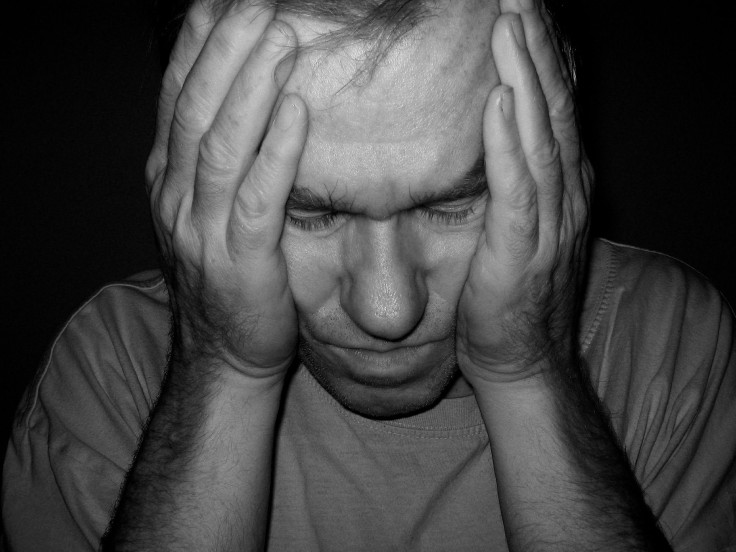Great Expectations: How The Placebo Effect Influences Pain Tolerance, And What It Means For Psychology Research

Expectations and mindset have a significant impact on our experiences. For example, positive thinking can make people feel younger, while pessimism is associated with detrimental health effects. Believing a certain outcome will occur is the key to the placebo effect; it's how a person’s health condition improves despite being given a fake treatment. But a new study suggests this effect may not translate when it comes to pain management.
"The placebo effect often works quite well when treating pain and depression," said Dr. Katharina Schwarz, of the Institute of Psychology at the Julius-Maximilians-Universitat Wurzburg (JMU) in Germany, in a statement. "And those are not just the patient’s subjective sensations; it can actually be measured physiologically." Put it another way: simply believing in an outcome can alleviate symptoms.
Schwarz's doctoral thesis also focused on the relationship between expectations and behavior, previously finding that when men are told they are more or less sensitive to pain than women, they perceive pain differently. To come to this conclusion, Shwarz administered varied heat stimuli through a band participants wore on their forearm. The subjects were asked to rate the pain on a scale from “no pain” to “unbearable.”
On the second day of the experiment, researchers gave male participants a leaflet about pain tolerance. It indicated to men if they were more or less sensitive to pain than women as a result of evolution. The brochures given to one group said males were better than women at enduring pain because of their ancient role as hunters, while the other group learned women had a higher pain tolerance since they must endure the pain of childbirth.
The pain experiment was repeated, and the results were telling: participants who thought men were less sensitive to pain rated their pain as being much less intense than on the previous day. Meanwhile, the group that had been told women have a higher pain tolerance now rated themselves as more sensitive to pain than they had on the previous day.
Shwarz reviews the study in an article in Trends in Cognitive Sciences, where she explains that human expectations really go a long way.
“Neurosciences, psychology and educational science all study expectations and their impacts,” she said. “But the individual disciplines hardly exchange their knowledge and I would like to change that.”
Shwarz said that, in particular, she wanted to raise awareness among young people about the power of their expectations. In addition, she believes these mechanisms can inform both clinical research and therapy.
“Scientists, too, have certain expectation in their work,” she said. “If they incorporate these expectations into the test design and influence test participants accordingly — albeit entirely in good faith — results can be distorted.”
There are still many open questions regarding expectations and cognitive processes, the article concludes, but with the growing number of researchers taking on the subject, “a holistic view on expectancy effect might be within our grasp.”
Source: Schwarz K, Pfister R, Buchel C. Rethinking Explicit Expectations: Connecting Placebos, Social Cognition, and Contextual Perception. Trends in Cognitive Sciences. 2016.



























